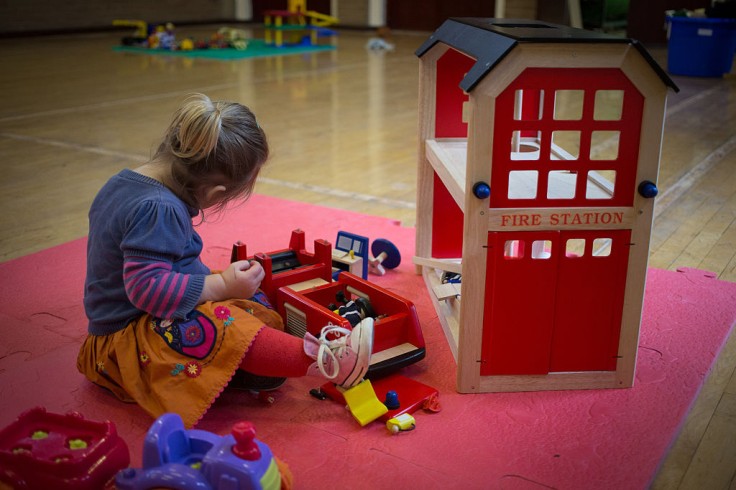
Are you ready to say goodbye to diapers?
Potty training is a big milestone in your toddler's life, but it can be a stressful time for parents. However, with the right approach, potty training can be a positive and empowering experience for your child.
According to U.S. News, Rebecca Cesa, a nurse practitioner, says it is advisable to wait until a child is between the ages of 2.5 and 3.5 years old before beginning potty training. This is because at this stage, their brain and bladder development are sufficient for successful training.
On the contrary, it is not recommended to force children into training before they are ready, as this can have negative impacts on their development. It can lead to anxiety, particularly in relation to their parents, which may have long-term effects on the parent-child relationship.
Toilet training aims to educate children on how to identify the physical sensations they experience before needing to use the toilet, as well as the proper way of using the toilet, taking off and putting on their clothes, and washing their hands.
How To Say Goodbye to Diapers
Here are ten tips to help make potty training a success.
1. Wait until your child is ready.
The first step in successful potty training is to wait until your child is ready. Look for signs that your child is ready to begin potty training, such as showing an interest in the toilet or telling you when they need a diaper change.
2. Get the right equipment.
As recommended by the Mayo Clinic, invest in a child-sized potty chair or a toilet seat adapter to make it easier for your child to use the toilet. You may also want to purchase underwear or training pants to help your child transition from diapers.
3. Establish a routine.
Create a potty training routine that works for your family. Encourage your child to use the toilet at regular intervals, such as after meals or naps, and praise them for their efforts.
4. Use positive reinforcement.
Praise your child for their successes and offer encouragement when accidents happen. Avoid punishment or shaming, as this can be counterproductive and create negative associations with potty training.
5. Demonstrate proper hygiene.
The Mayo Clinic also recommends teaching your child how to wipe themselves and wash their hands after using the toilet. This will help establish good hygiene habits and reduce the risk of infection.
6. Stay consistent.
When it comes to training a child to use the potty, consistency is absolutely essential. Stick to your routine and offer plenty of reminders and encouragement.
7. Make it fun.
According to Pampers, make potty training a fun and positive experience for your child. Use stickers, charts, books, or small rewards to motivate them and celebrate their successes.
8. Be patient.
The transition from diapers to underwear takes some time, and accidents are an inevitable part of the process. Be patient with your child and celebrate their progress, no matter how small.
9. Be prepared for setbacks.
Setbacks are a normal part of potty training. If your child regresses or has accidents, stay calm and offer support and encouragement.
10. Celebrate success.
Celebrate your child's successes and make a big deal out of their accomplishments. This will help reinforce positive behaviors and build confidence.
In conclusion, potty training can be a stressful time for parents and toddlers alike, but with the right approach, it can be a positive and empowering experience.
Remember to celebrate your child's successes and be prepared for setbacks, as these are all part of the learning process. With the right approach, you and your child can successfully say goodbye to diapers for good.